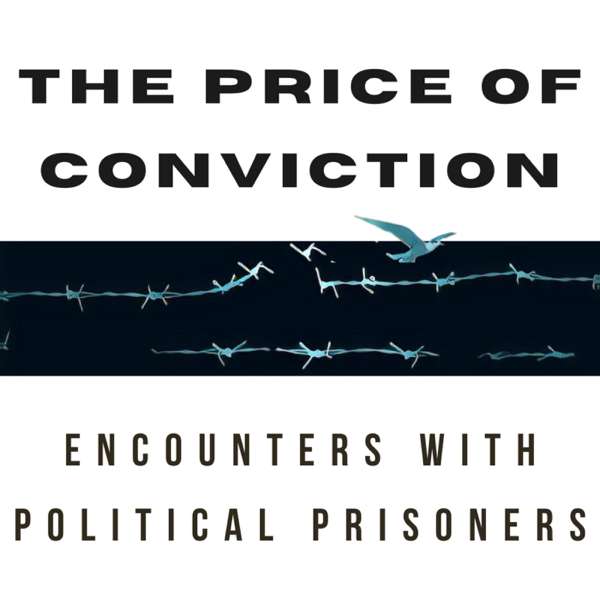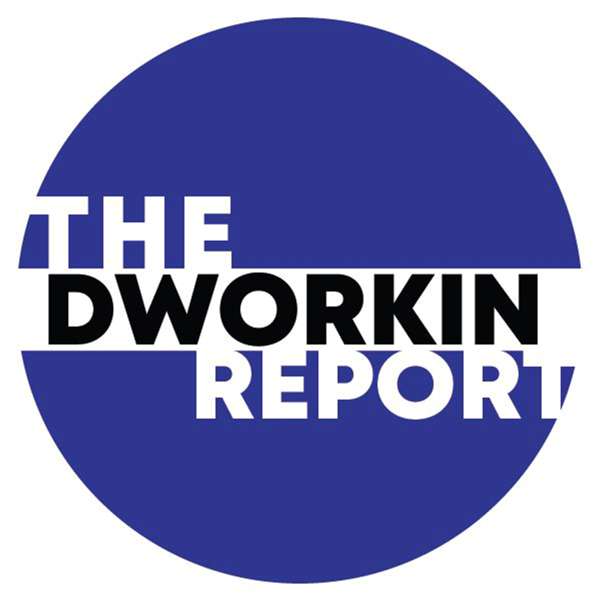Yemen’s unprecedented humanitarian crisis cannot be understood in isolation from the country’s complex political and economic dynamics, International Rescue Committee (IRC) president and CEO David Miliband and other experts agreed at an event on “The Humanitarian Crisis in Yemen” on April 5, 2018 hosted by the CSIS Humanitarian Agenda in partnership with the CSIS Middle East Program. Yemen’s humanitarian emergency is both a product and a potential driver of political instability, Miliband argued. Political and diplomatic actors share an urgent responsibility to address the drivers of that instability.
A subsequent panel discussion analyzed the context for Yemen’s humanitarian emergency and the consequences of its persistence. The participants were Barbara Bodine, director of Georgetown University’s Institute for the Study of Diplomacy and former U.S. ambassador to Yemen, Peter Salisbury, senior consulting fellow with Chatham House’s Middle East and North Africa Program, and Abdulrahman al-Eryani, a Yemeni international economist and development specialist.
The speakers agreed that Yemen is a relatively low priority for global powers but argued it should not remain so. Should Yemen’s humanitarian crisis be left to deteriorate, they warned, the consequences will be far-reaching and long-lasting. Charting a constructive path forward requires sustained diplomatic engagement to facilitate aid provision and conflict resolution and to draw a broad base of Yemenis into a process to forge a framework for the future.
In its complexity, its protracted nature, and its devastating toll on civilians, the conflict plaguing Yemen since 2015 embodies what Miliband called some of the most perilous patterns in modern wars. As al-Eryani noted, Yemen’s preexisting fragility was a factor in lowering Yemen’s resilience to the impacts of conflict. Yet, a convergence of factors have made the conflict more harmful to civilians and more complex to resolve. Miliband argued, “This is a manmade conflict with very deep roots and very, very acute consequences.”
One factor, the speakers held, is the failure of warring parties to uphold rules of war that protect civilians. Miliband cited information collected by the Yemen Data Project that since the start of Yemen’s conflict, essential infrastructure has been hit by at least 4,500 air strikes, while 342 strikes have hit educational buildings and 68 have hit hospitals and health clinics. Miliband also framed the blocking of aid delivery as not merely a logistical issue, but also a political one. “The problem is strangulation, not access,” he argued. He further asserted that a stable humanitarian supply chain rests on the “permanent” opening of ports to humanitarian and commercial shipments including food, fuel, and medicine.
Second, the complex and fragmented nature of Yemen’s conflict has complicated its resolution. It is a gross oversimplification, the speakers agreed, to characterize the war as merely a two-sided contest between the government of Yemeni President Abed Rabbo Mansour Hadi and Houthi rebels, nor is it principally a proxy war between a Saudi-led coalition that supports Hadi and Iran, which supports the Houthis. In reality, sub-conflicts are playing out along local, national, regional, and increasingly global axes, and parties often switch sides opportunistically.
Even actors ostensibly allied with each other possess a wide range of agendas and priorities and sometimes come into direct competition with one another, explained Salisbury. He described tensions within the Saudi-led coalition between a “tribal military faction” in the North that has aligned with Islah, Yemen’s leading Islamist party, and a subset of forces backed by the United Arab Emirates in the South that is broadly hostile to Islah. The Houthis are also far from a monolith, Salisbury argued. The political wing leading the negotiations has waning...

 Our TOPPODCAST Picks
Our TOPPODCAST Picks  Stay Connected
Stay Connected







